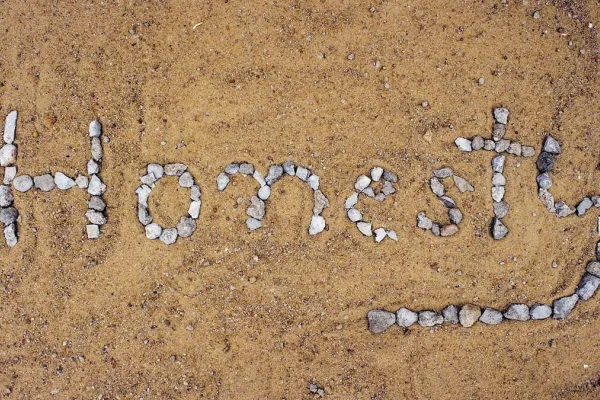 Details
Details
To give a speech stating that ad blocking can improve the online ecosystem in front of an audience of publishers, marketers and advertisers take quite a lot of guts.
Laura Sophie Dornheim, Public Affairs Manager at Eyeo, which is the company behind Adblock Plus, got on stage and did just that at the Native Advertising DAYS 2016. We asked her about how the company responds to the industry's criticism and what makes a good native ad. You can sign up for notifications about this year’s conference -- which will be even more awesome -- here.
"Don't annoy your user"
"The question; how advertisers can make ads that users will accept is pretty comprehensively answered on our website Acceptableads.org. Most importantly I think is the overall rule; don't annoy your user.
So tone down the autoplay, the flash, the pop-up. We find that ads that are static, ads that do not get into the content, do not obscure the flow of the website are the ones that use -- even ad blocking users -- find acceptable."
RELATED: How Publishers, Advertisers & Ad-blocking Users Benefit from Acceptable Ads
Why ad blocking can improve the online ecosystem
"We think ad blocking can improve the online ecosystem because if we look at the development of online advertising we see that it turned into this vicious cycle where users are annoyed by ads or they just don't click them, so what advertisers do -- and even publishers do because they have the same interest in making money -- is to try to create louder ads, flashier ads, bigger ads in the hopes to get more revenue through that.
We believe (..) we can actually improve the overall quality of the web and therefore also allow publishers and advertisers to be successful
But what actually happens is that users are getting more annoyed, more users install ad blockers and it's just getting worse. We believe that with our approach of blocking these annoying ads but letting through some acceptable ads we can actually improve the overall quality of the web and therefore also allow publishers and advertisers to be successful with some ads by working with the users instead of against them."
The 2 most important criteria for native ads
"I think again the most important is trying not to annoy users but to show them relevant stuff. That's the most important criteria for native advertising; that it should fit what users are looking at at this specific website.
RELATED: Rebecca Lieb: “Advertisers and Brands Need to Adapt to the New Reality”
The second most important thing for native advertising is that it should be clearly labelled as advertising; don't try to fool your users. Users are smart and they usually don't like if you try to trick them. It might work once or even twice but after the third time, they will install an ad blocker.
So if you have native advertising that's recommending other articles to read try to be relevant, try to be clear about which one is a link to another article on the same website and which ones are actually native advertising. That can work and it's proven by acceptance and click rates.
"We understand that publishers are under enormous pressure"
"Our response to the criticism [of Acceptable Ads] from publishers is actually quite simple. Of course, we do understand that publishers are under enormous pressure in the online ecosystem; they are losing money from users that use ad blockers.
So we offer a compromise. We say, "OK, obviously you can't continue like this because your users do not like it but if you work with us and if you try to follow the acceptable ads criteria you can regain some of that ad revenue that's lost.
There would be no ad blockers if there were no shitty ads, right?
What we're trying to explain to publishers is that we are not just working against them -- like many of the ad blockers that block everything -- but we're trying to facilitate a compromise.
Of course, some will say we're still part of the problem. But we say we're part of the solution because there would be no ad blockers if there were no shitty ads, right?
RELATED: What Comes After Banner Blindness and Ad Blocking?
So we really try to emphasise that we are the only ad blocker that has implemented such compromise and has various other projects where we try to find ways for publishers to make money off their content."
Online advertising will be unchanged for years to come
"I think there are two answers to that. One is utopian; that we have very limited advertising that is only super relevant and that advertisers become so smart that they actually send me an ad for something that I really need like diapers for a baby because we just used the last one.
The second one which is the realistic one. I think -- and that is also our opinion as a company -- we will see online advertising pretty much unchanged for years to come.
The industry will be forced to change
Many users are OK with the current model of getting free content for seeing ads so I think the majority of advertising will just continue to develop like it is now.
But [eventually] the advertising industry will be forced to change their approach towards users and that's where we come into play."
Sign up for the Native Advertising Institute Newsletter and get daily insights and news from people who live and breathe native advertising.
Interview by: Stine Andersen

